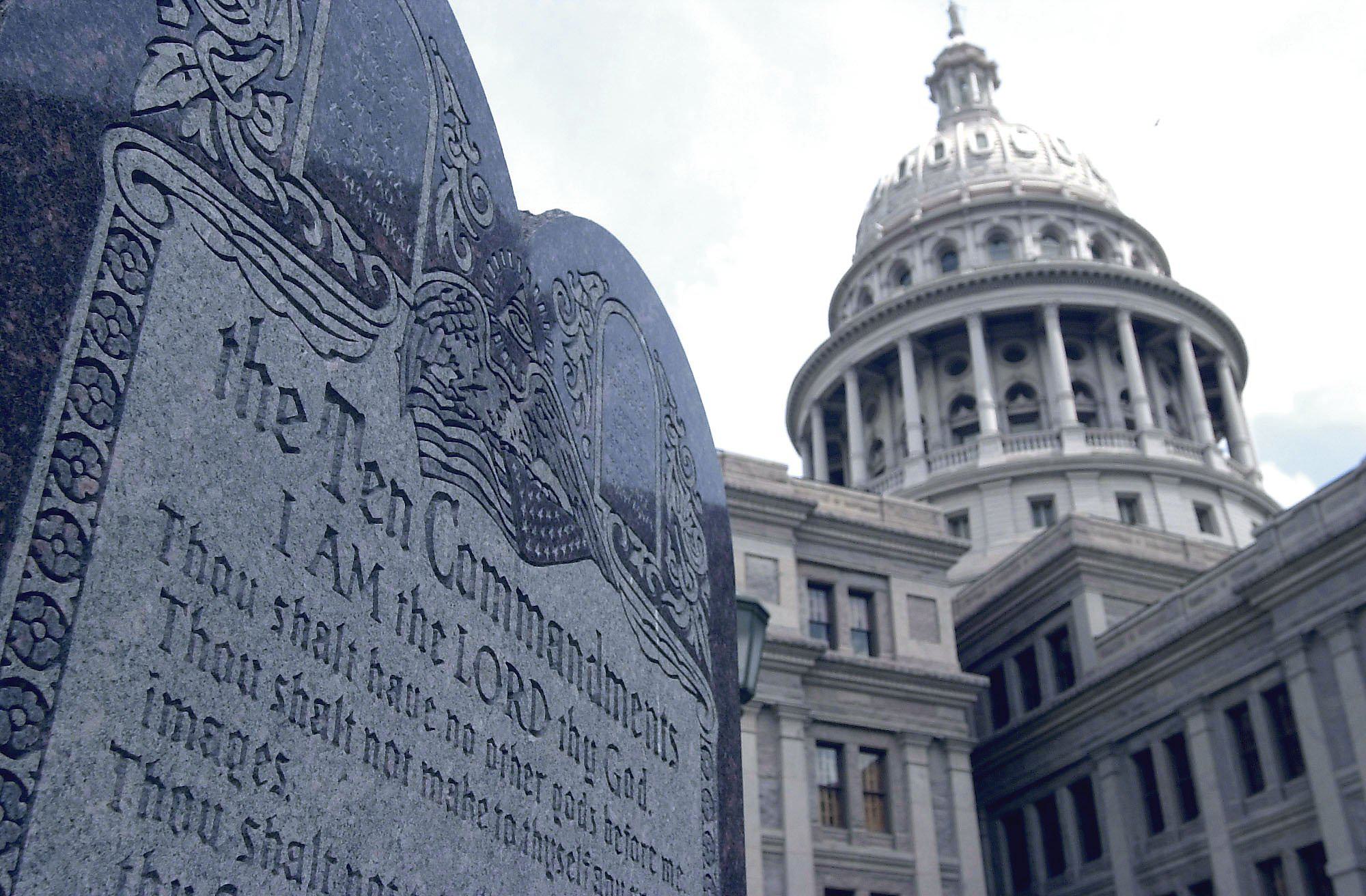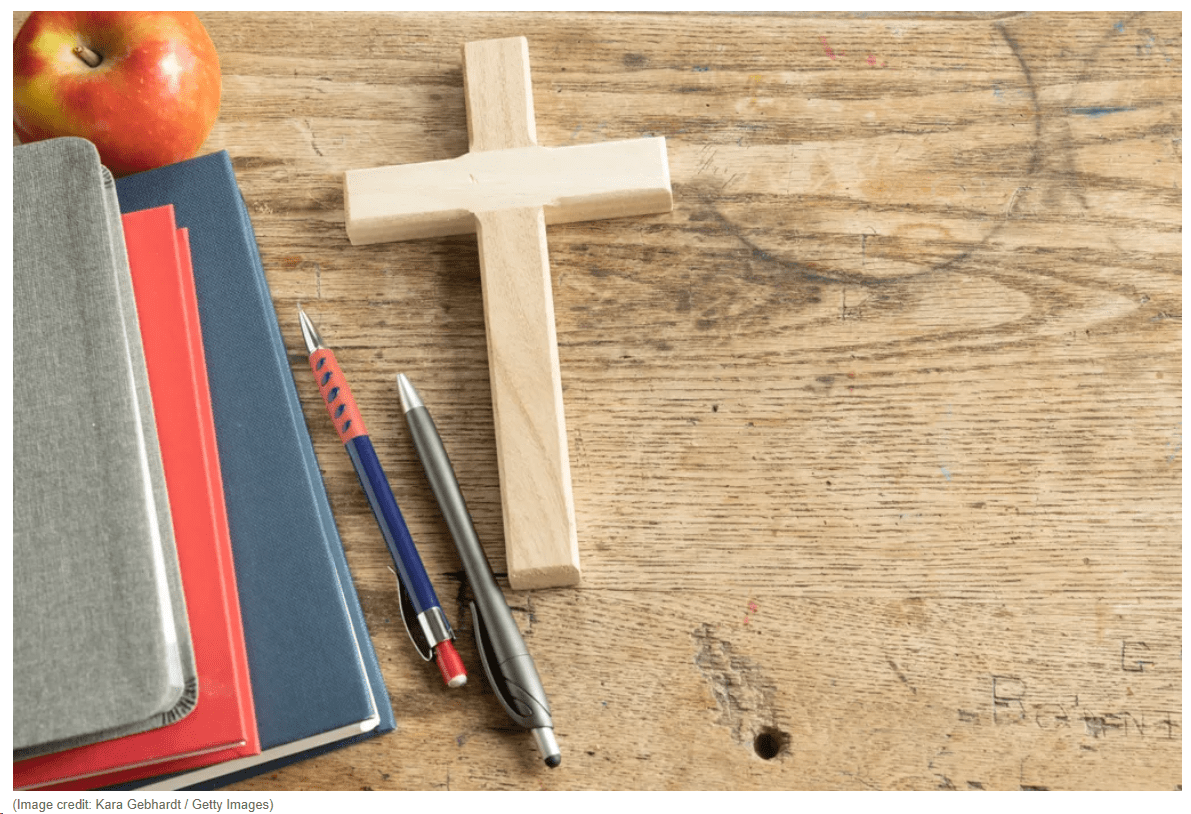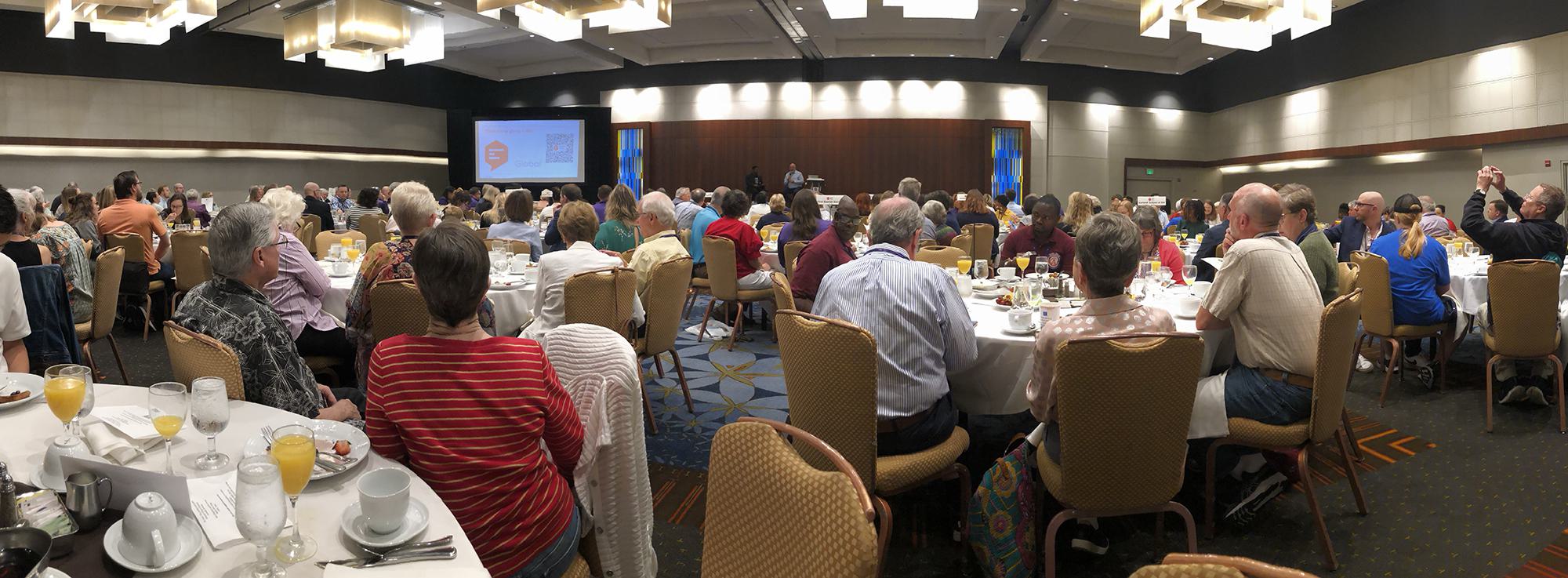Original Source:
This article was originally published on
https://www.houstonchronicle.com
Rabbi: Why the Ten Commandments doesn't belong in public schools (Opinion)
David A. Lyon, s senior rabbi at Congregation Beth Israel, makes his arguement for why the ten commandments don't belong in Texas' public schools.


Open
>



